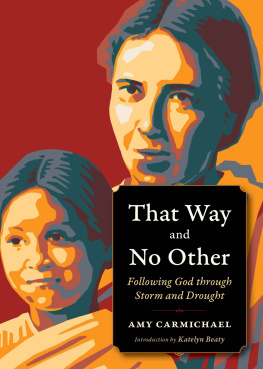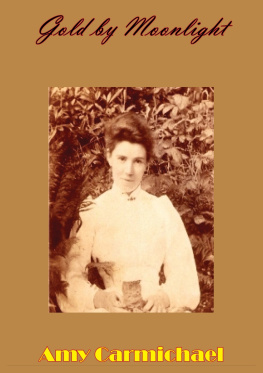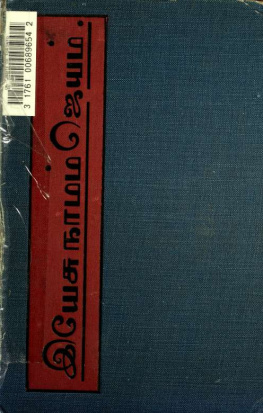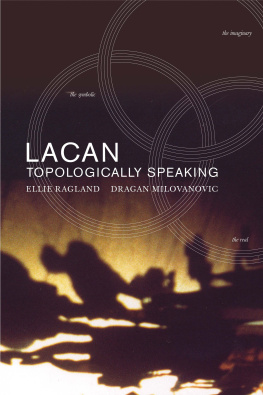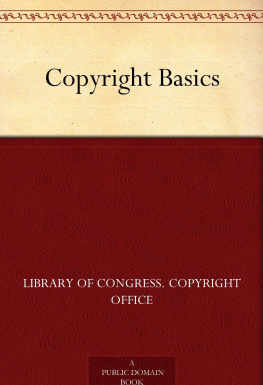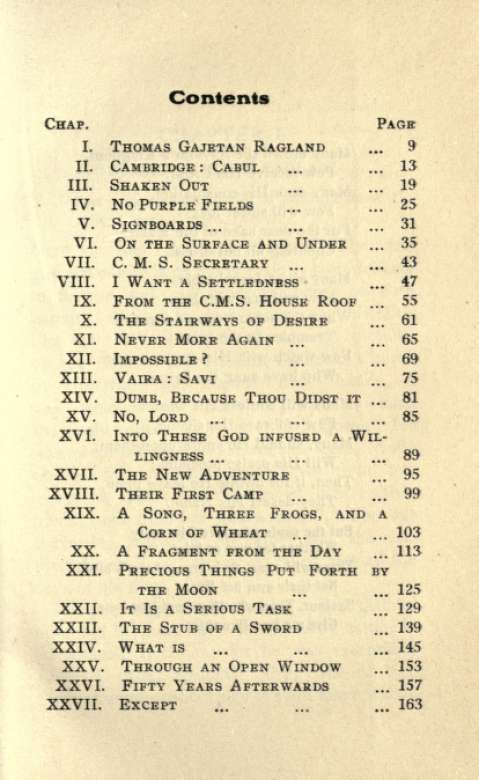This book made available by the Internet Archive.
STACK ANNEX
5126869
THOMAS GAJETAN RAGLAND, B.D.
Fellow of Corpus Christi College, Cambridge,
Missionary of the Church Missionary Society^
South India
Born ......... April 26, 1815.
Called to India ...... May 19, 1845.
Sailed for India ...... November 20, 1845.
Ordered Home ...... February 24, 1852.
Second arrival in India ... December 31, 1853.
Left Madras for Camp ... January 18, 1854.
Entered into Life ...... October 22, 1858.
Note
Where written and why. The first month of the Tamil year is called by the Tamils Mother-month. But to the children of Dohnavur September is Mother-month, for. then we go together to the forest.
Near the end of such a month when the tire of the year had worn off a little, I read from an old-faded forgotten book, .Perowne's Memoir, and found it full of penetrating stuff and very kindling, and wished others could share it. Then, (perhaps it was the fellowship of the growing green things of the forest that caused it), the desire to re-create -came upon me.
And the children helped in the work. They had looked forward to this time for many months, but they left me alone in a shady cave with the trees and the birds and the sound of a mountain stream, and tried not to interrupt.
Sources of information. Dr. Stock's History of the C.M.S., Memoir of Henry Venn by Knight, Perowne's Memoir of Ragland and the memories of those who knew him.
So far as we can discover, after searching all available records, Ragland was the first Englishman to camp among the people of India as a missionary of Christ. Eighteen months after his departure the Breath blew across his field, and many were refreshed and renewed. But perhaps the deed of his life
was the dropping of a new thought into the missionary mind, and wherever a white tent is pitched all over this Empire of India, and from it goes forth the Evangel of Peace, there you have Ragland's seed in fruit. His years in camp were few ; but eternal values are not counted in terms of earth's coin, and in what splendid fields may he not be pioneering now ?
Later Note
While this book is in the Press, the C.M.S. Mass Movement Quarterly for May, 1922, was sent to us, and it throws another ray back upon the story.
1 Although these first missionaries of Tra-vancore made some efforts to " meliorate the condition " of the Outcastes, it was through a famous Tinnevelly missionary, the Rev. T. G. Ragland, that the movement began. He was in Travancore in 1850 and was filled with compassion for the slaves, especially after seeing one of them unequally yoked with an ox pulling a plough. He infected with a like compassion an Indian clergyman who induced Outcastes to come and learn of the love of God in Christ.' So the journey that led out into that first camp set loose other forces that operate mightily among us to this day. Verily, it is no vain and fruitless thing to be God's corn of wheat.
Many crowd the Saviour's Kingdom,
Few receive His Cross, Many seek His consolation,
Few will suffer loss For the dear sake of the Master,
Counting all but dross.
Many sit at Jesus' table,
Few will fast with Him When the sorrow-cup of anguish
Trembles to the brim Few watch with Him in the garden
Who have sung the hymn.
Many will confess His wisdom,
Few embrace His shame, Many, should He smile upon them,
Will His praise proclaim ; Then, if for awhile He leave them,
They desert His Name.
But the souls who love Him truly
Whether for woe or bliss, These will count their truest heart's blood
Not their own but His : Saviour, Thou who thus hast loved me,
Give me love like this.
CHAPTER I THOMAS QAJETAN RAOLAND
' She took me like a child of suckling time. And cradled me in roses.'
NOT so was Ragland cradled. The first glimpse of him is of a tiny serious boy, delicate in feature and in colouring, bereft of both parents, dressed in deep mourning, kneeling like the little Samuel of nursery pictures on the floor of the Roman Catholic Church in Gibraltar, his piteous little hands, it was remembered afterwards, always most anxiously folded. The next is brighter. He was swept off to Lancashire, and there, ready created for him, the lonely child found one whom he calls his * very dearest best earthly friend, both a mother and a sister '. She was a cousin, ordinarily speaking, but she was what he said, and she never failed him all the days of his life.
His parentage was interesting. It explained him, and he must have considerably astonished himself at times; for he was essentially English, calm, steadfast, shy; whence then those strange upshootings of swift flame within
him ? It was as if a young volcano had suddenly sprouted right in the orderly middle of a velvety English lawn. And the lawn alarmed and shocked did exactly as one might expect, hastened to cover the upstart thing with a tidy layer of turf.
Gajetan stood for Gajetani, his Italian grandmother's name. It was she who mixed lava in his cool English blood. He had a noble grandfather on the English side ; a man who chose exile rather than stain his conscience ; and the father was a soldier. There was nothing dull about the boy fashioned thus.
We may fly through the next years : school where he worked hard at classics, and for pastime poked into obscure corners of history, and worried through genealogies with amazing pertinacity till he knew the ins and outs of Europe with most unboylike precision ; office, where his uncle meant him to reign in his stead; but as he had no heart for it, college, where he won the silver cup every year for four years, finally coming out Fourth Wrangler in the mathematical tripos, at that time the only tripos at Cambridge.
The day the letter of all letters was expected he shut himself up in his room, feeling like a
fiddle tuned to snapping point. The post came. His family clamoured round his door and apparently called the good news through the key-hole. ' With some natural excitement', admits his grave biographer, Ragland emerged, asked for the letter, read it and thenshut his door again.
But that could not last long. His people had to be appeased, and for a very glad minute they jubilated together, and thanked the Giver of this good gift.
Some time between childhood and boyhood he had chosen whom he would serve. Frank as he was, with a frankness that sometimes astonishes (the Italian in him, perhaps), this one matter of his faith's beginning he kept hidden in a reticence no pleadings from even his mother-friend could penetrate. ' No, this cannot be,' he wrote .when she asked him to tell her of those thoughts and feelings. And another matter he held as a secret between him and his Lord. Of the love that might have been he never wrote or spoke, though it was known that his missionary call cut straight across that hope. For his generous soul, so joyfully opened to all who cared enough to enter, had its profound reserves.



